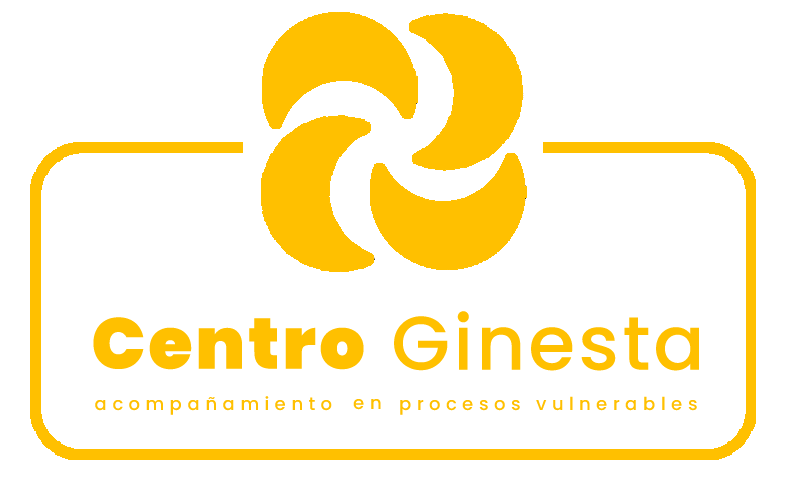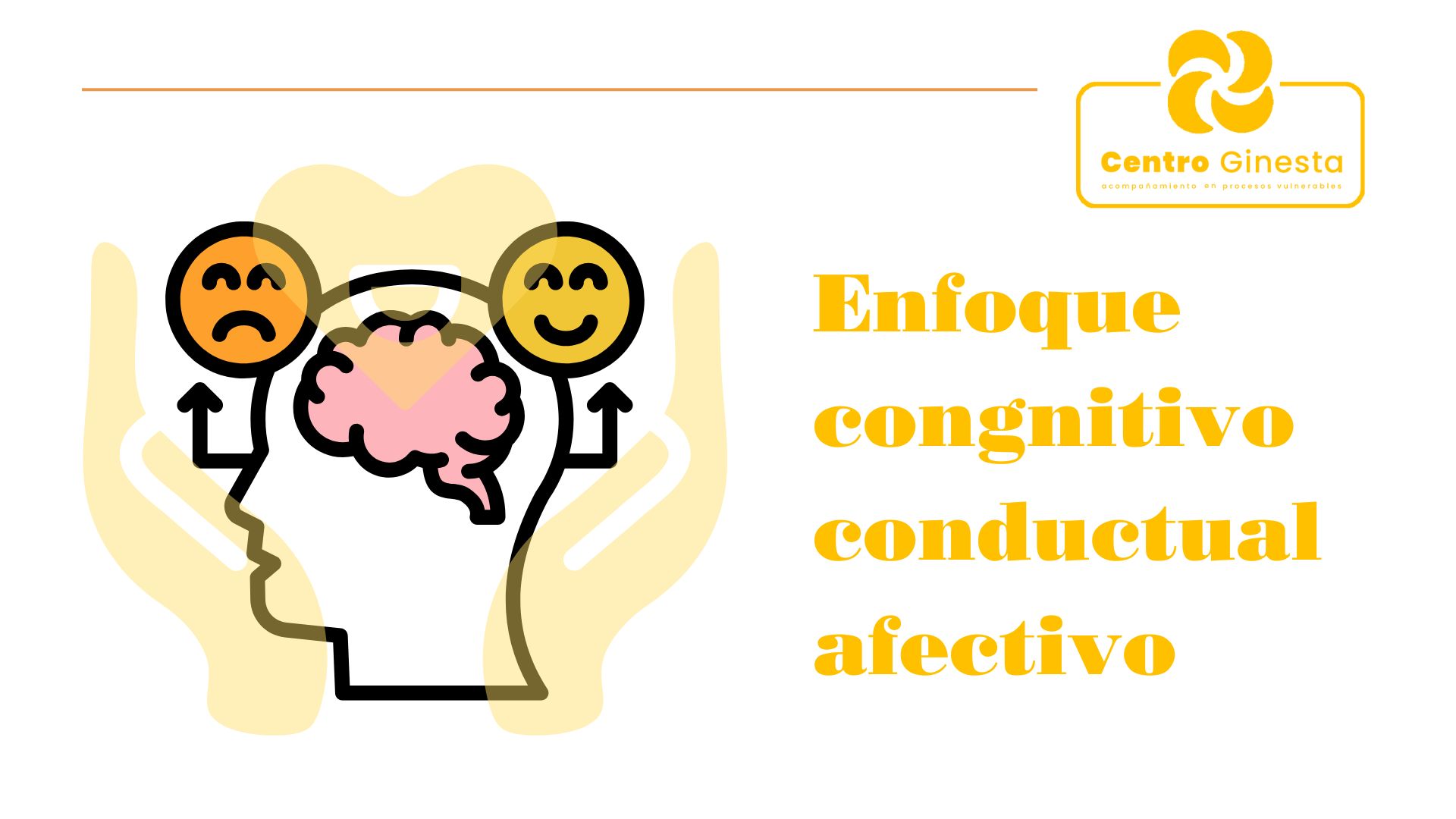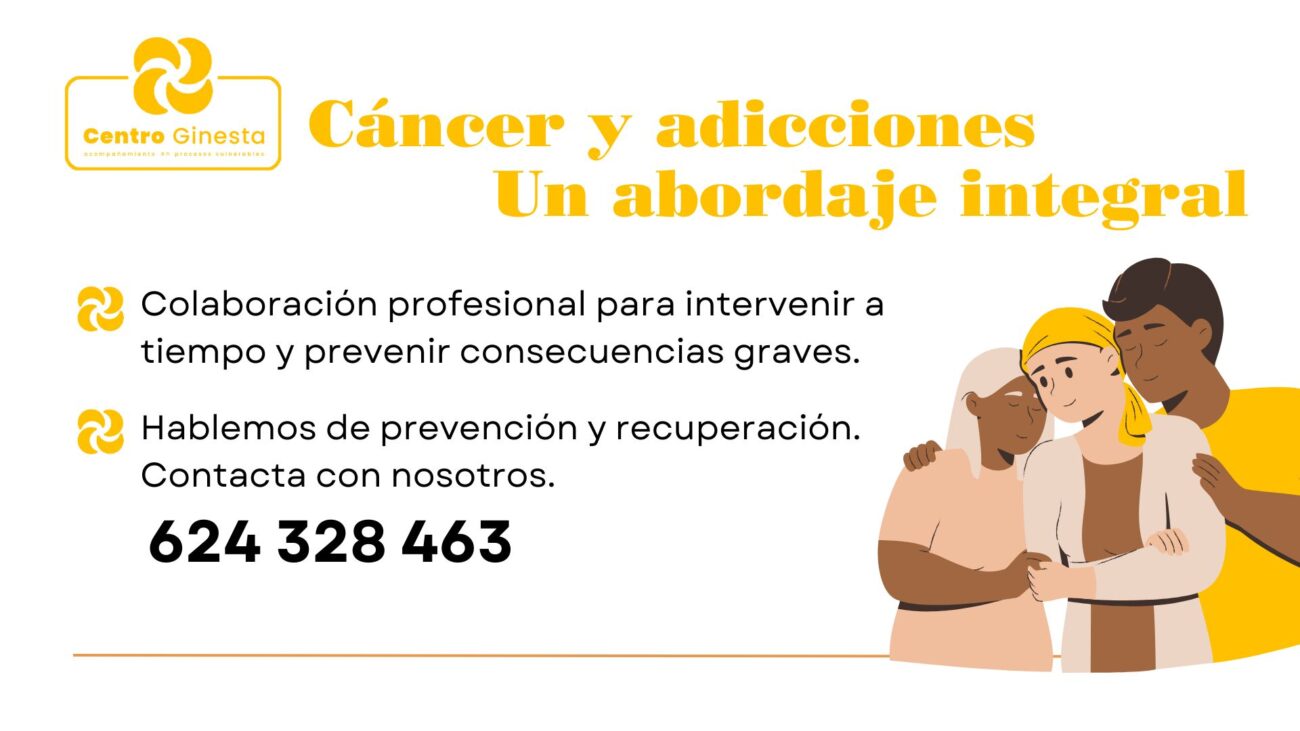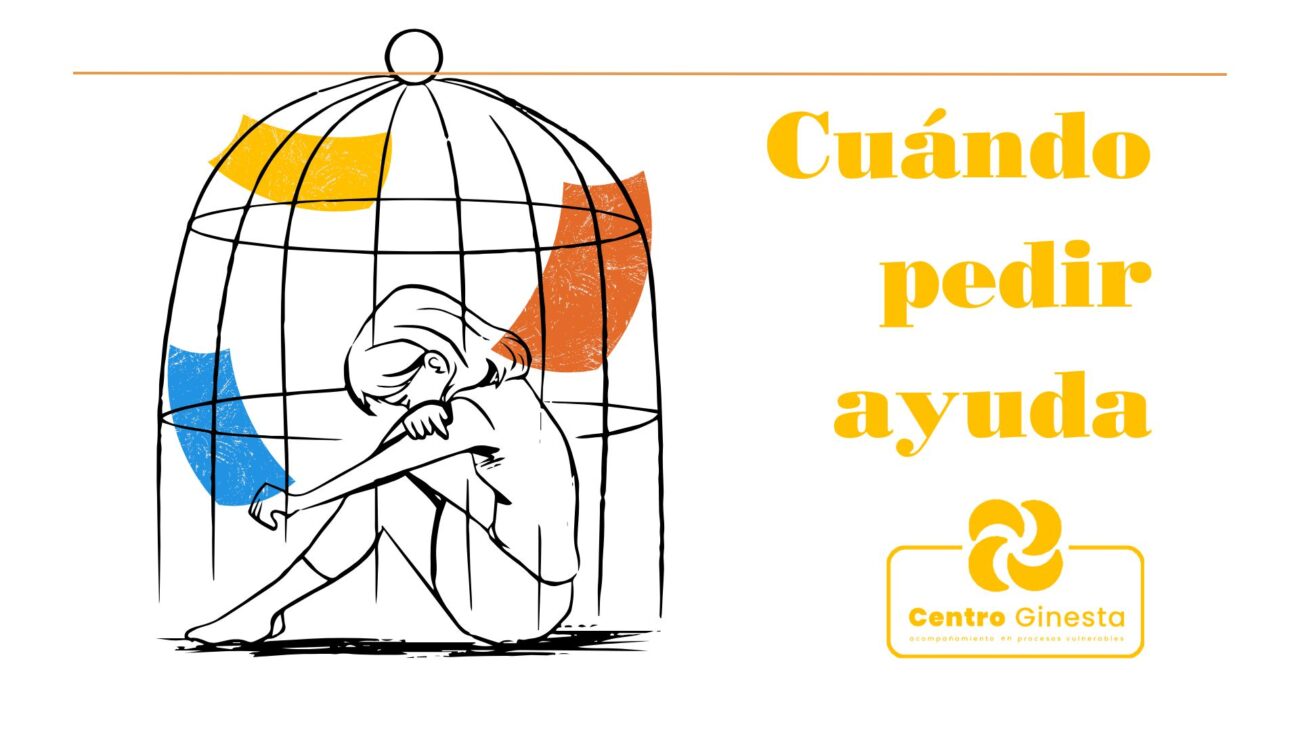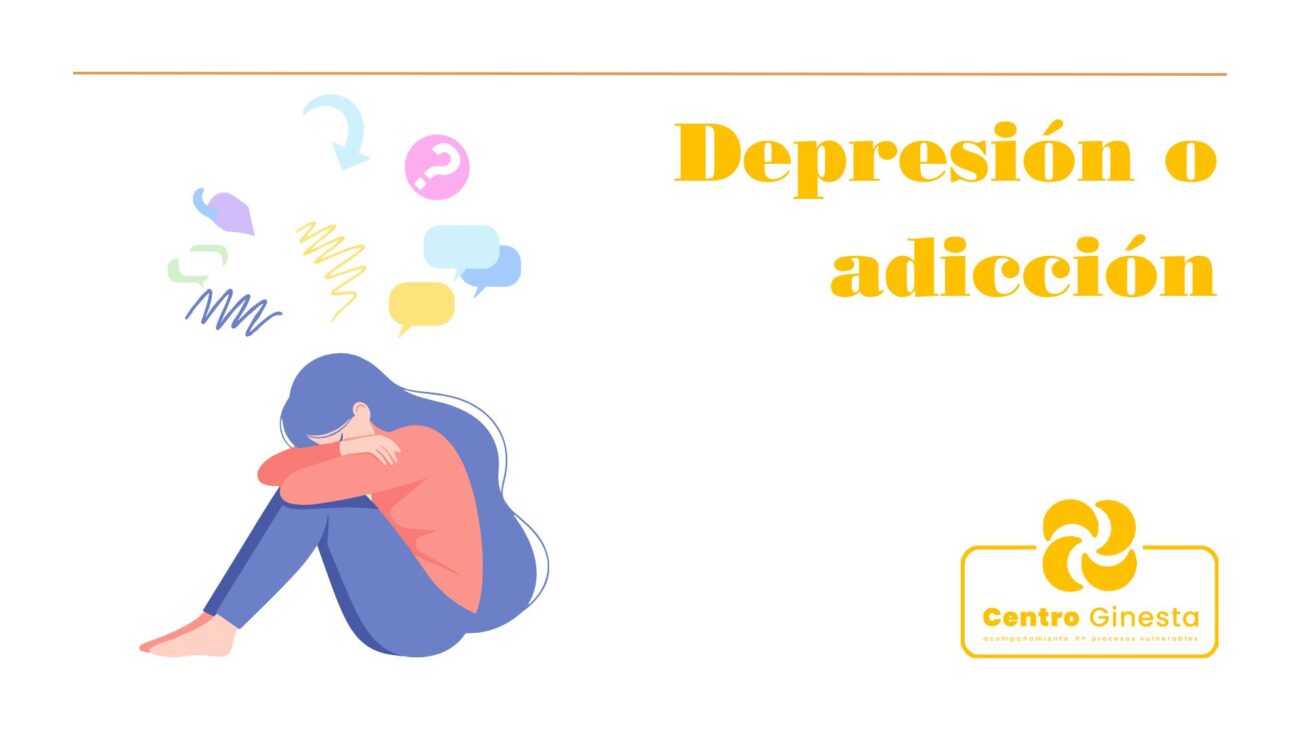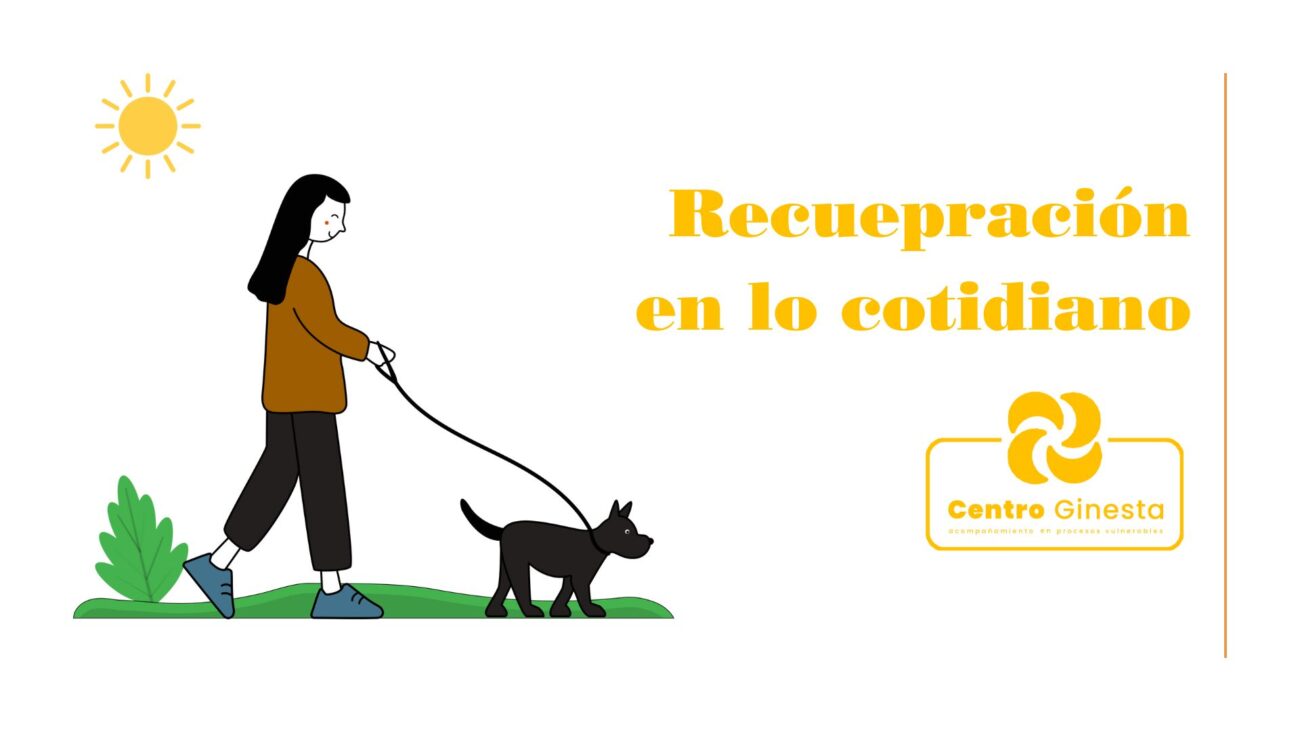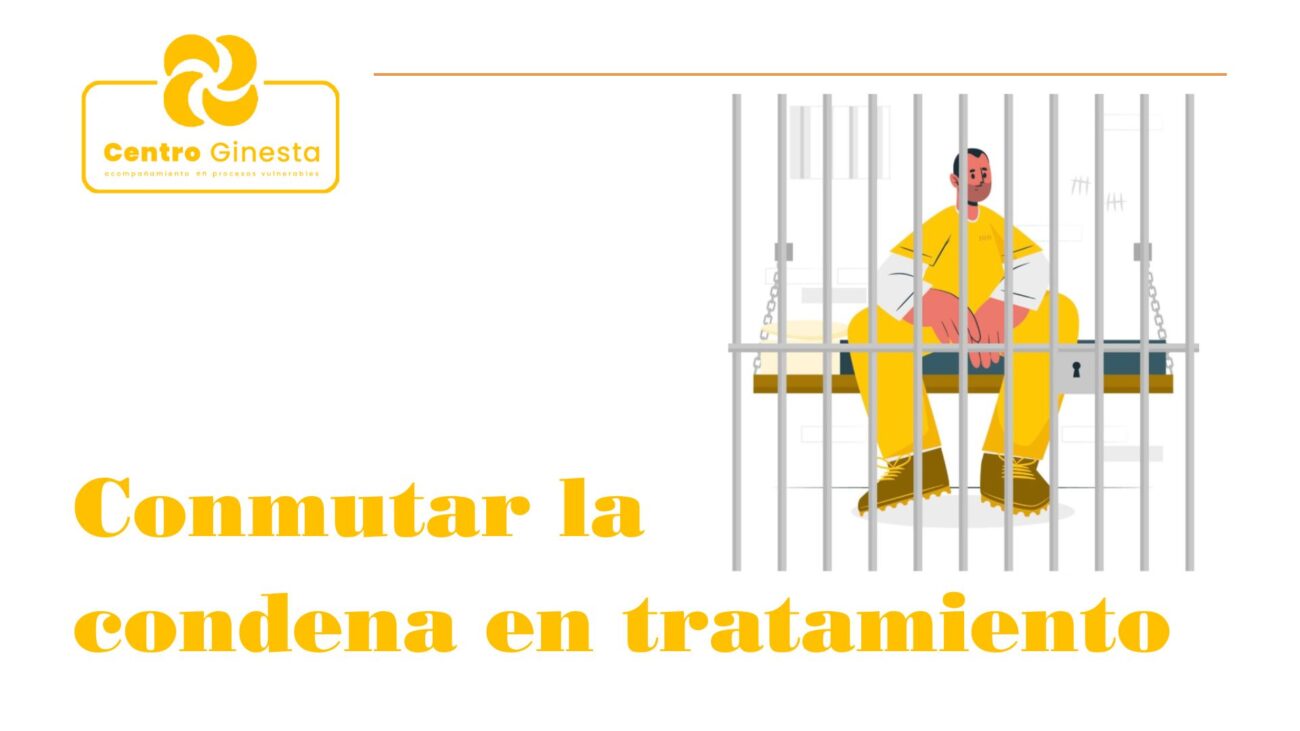Overcoming an addiction is not just about stopping using.. Recovery involves transforming the way think, act and feel. In Ginesta Center we apply a cognitive behavioral affective approach, a comprehensive model that addresses the person in all their dimensions and promotes lasting and sustainable change.
This approach recognizes that addiction affects the mind, behaviors and emotions, and that working only one of these areas is not enough to achieve full recovery.
1. Cognitive dimension: transform thoughts that maintain addiction
In this phase of cognitive behavioral affective approach, works on automatic thoughts that reinforce consumption and denial, like “I control” or “nothing happens”. Identifying these ideas and replacing them with more realistic and healthy thoughts is essential to breaking the cycle of addiction and strengthening the capacity for conscious choice..
2. Behavioral dimension: build new routines and habits
The behavioral part of the treatment focuses on break consumption automatisms and develop healthy lifestyle habits. This includes managing free time, improve social skills and promote activities that provide well-being and meaning. Recovery is not just thought: is practiced day by day, training new behaviors that sustain change.
3. affective dimension: emotional reconnection and healthy relationships
Addiction often leaves emotional traces, affecting self-esteem, trust and bonds. In the emotional dimension of cognitive behavioral affective approach, emotional management is worked on, reconnecting with oneself and rebuilding healthy relationships. This stage allows recovery to be more than just stopping consumption., sino live fully again, integrating mind, behavior and emotions.
In Ginesta Center, We accompany each person at their own pace, offering a safe and professional space where you can learn to build a new life
